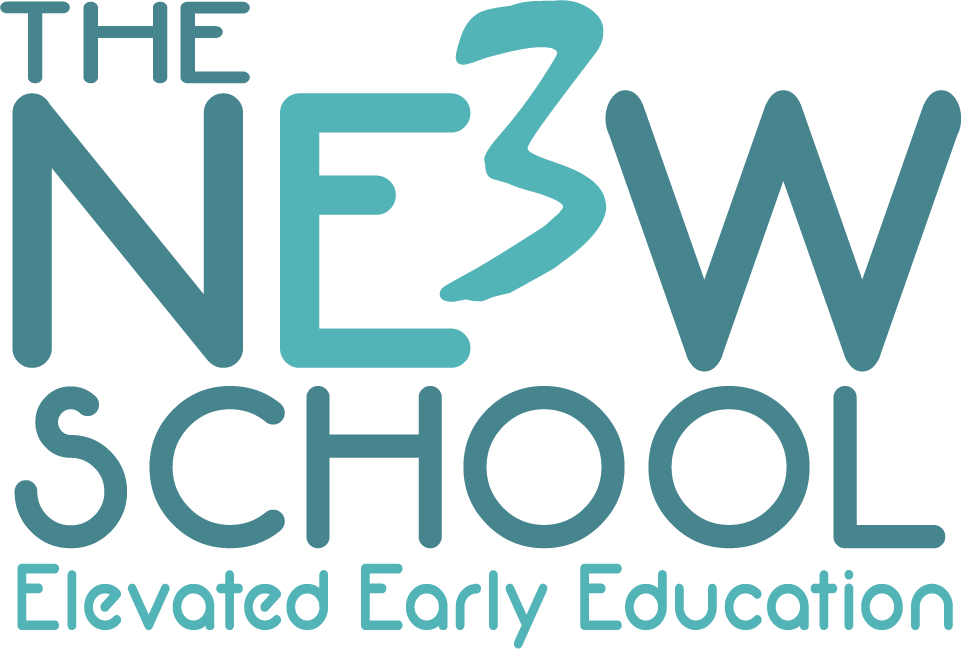Did you know that nearly 90% of your baby’s brain will be developed by the time they’re 5?
To give your baby’s brain a boost before they turn 2, below are some easy tips to make sure that your toddler is getting all the attention, love, and interaction they need.
13-15 MONTHS:
• Read, read, read—we can’t say it enough, read to your toddler! Let them hold the book and turn the pages as you read together.
• Speak up—introduce your child to new words daily by talking to them throughout the day. Talk about the things you see, hear & do together.
• Build it up & tear it down—build a tower together with a few blocks & then knock it down & start all over. This helps teach cause and effect & strengthens fine motor skills.
16-18 MONTHS:
• Talk back—even if your baby isn’t using words you can understand, be sure to talk back to them when they make sounds to encourage them to keep on talking.
• Pretend—give your baby items that you use daily like toy keys, dishes, or a telephone & let them practice pretending to use these everyday objects.
• Splish, Splash—give your baby cups & other toys during bath time to let them explore & play with water.
19-21 MONTHS
• Family Band—make your own music together with items found around the house—rice in a sealed container can quickly become a maraca, or a pot & a spoon become a drum.
• Ask questions—as you continue to read together, be sure you’re asking lots of questions about the pictures, the story & what they see.
• Play-Dough—let your baby explore with play-dough and watch them mold, squeeze, shape & be creative. Make sure they don’t try to eat it.
22-24 MONTHS
• Follow the Leader—let your child copy you as you crawl, run, jump & dance around the house.
• Shape up—draw some simple shapes (circle, square, triangle, etc.) and talk about them with your child. See if you can find shapes around your house—plates, windows, glasses, etc.
• Help out—give your child little jobs to help out around the house— putting toys away, dusting, helping you cook, etc.—this will let them feel helpful and needed.
« Engineering= hands-on play!Advocacy in Education: Four Key Efforts by UVA’s Curry School of Education »


